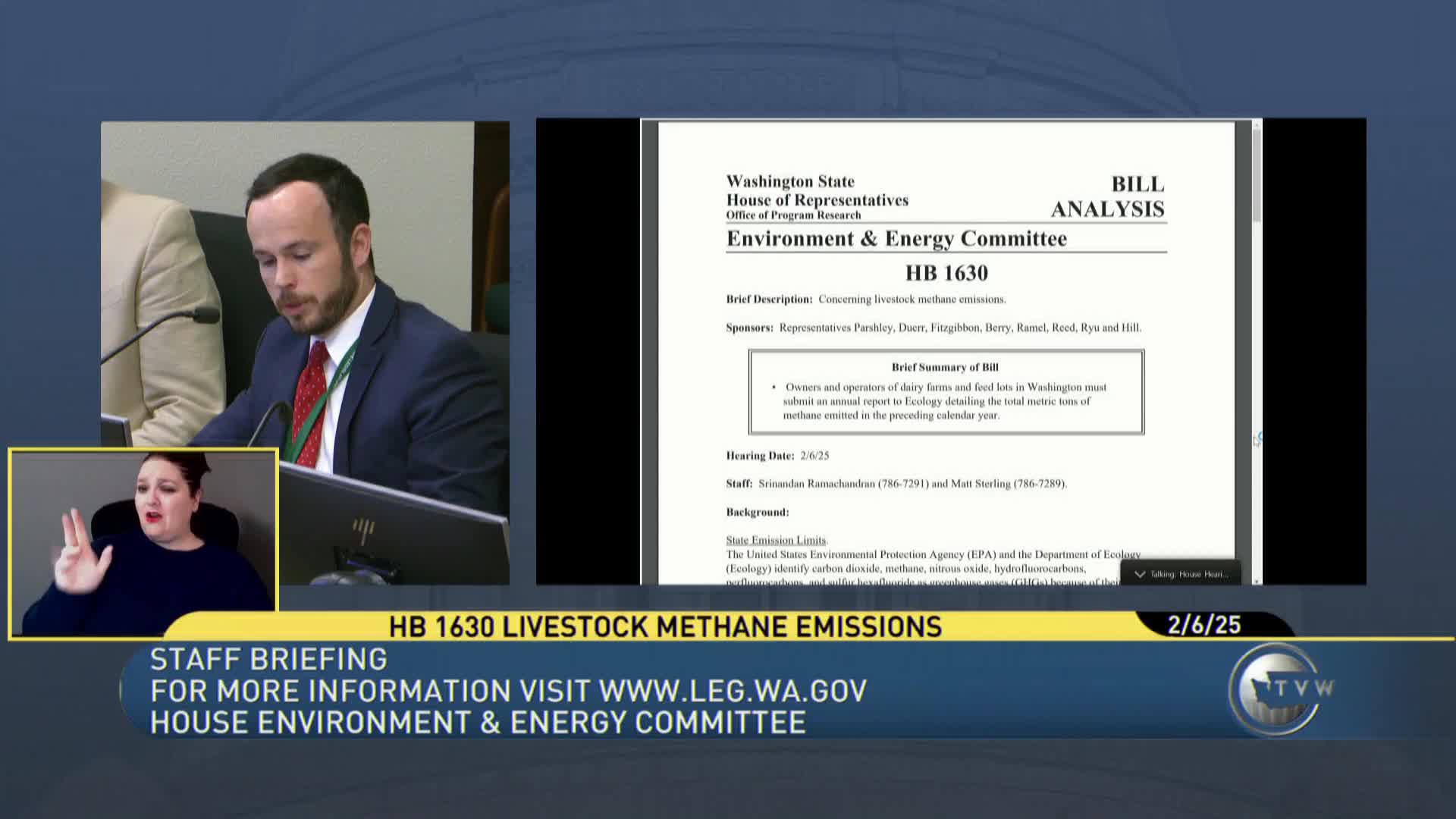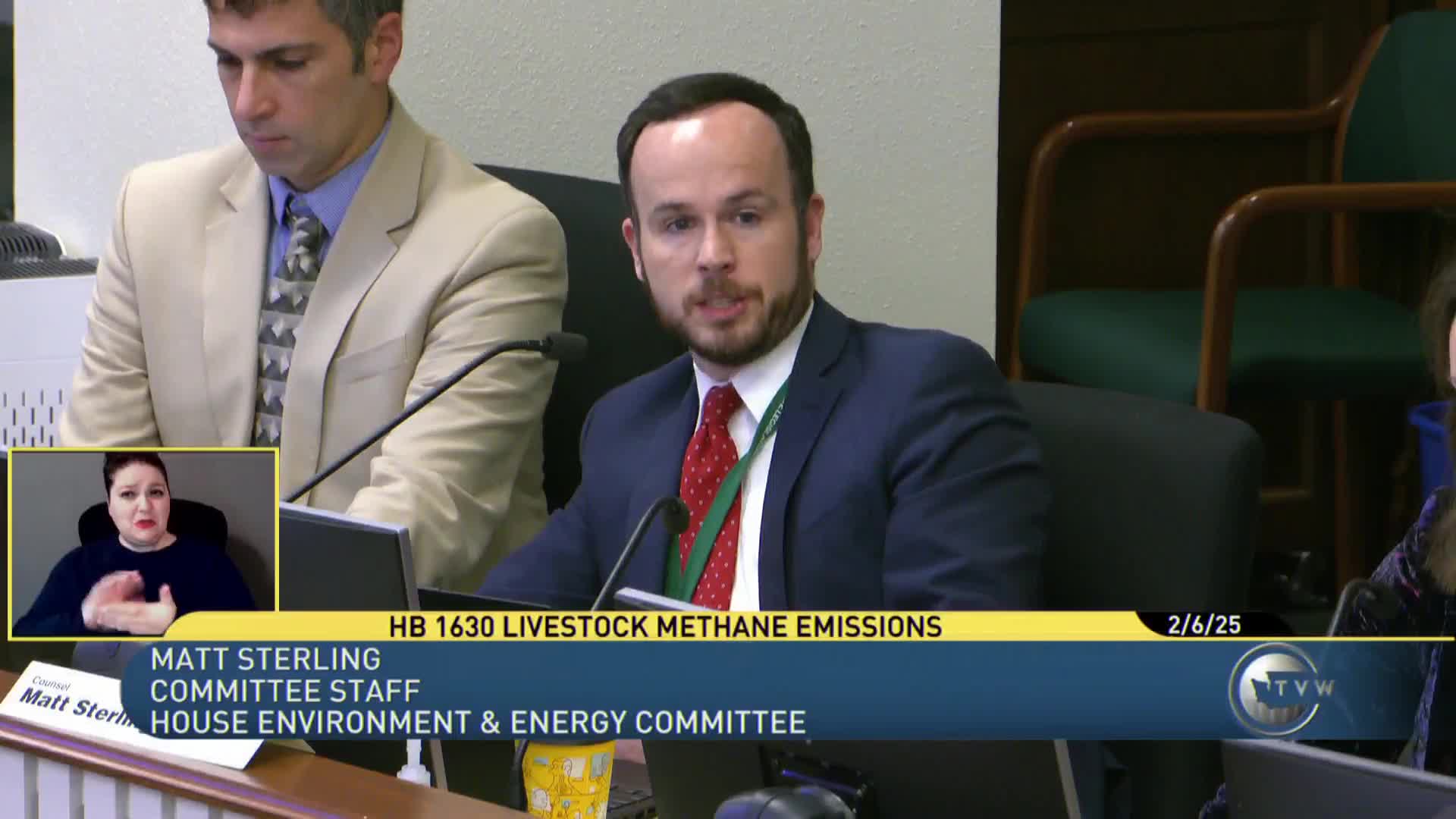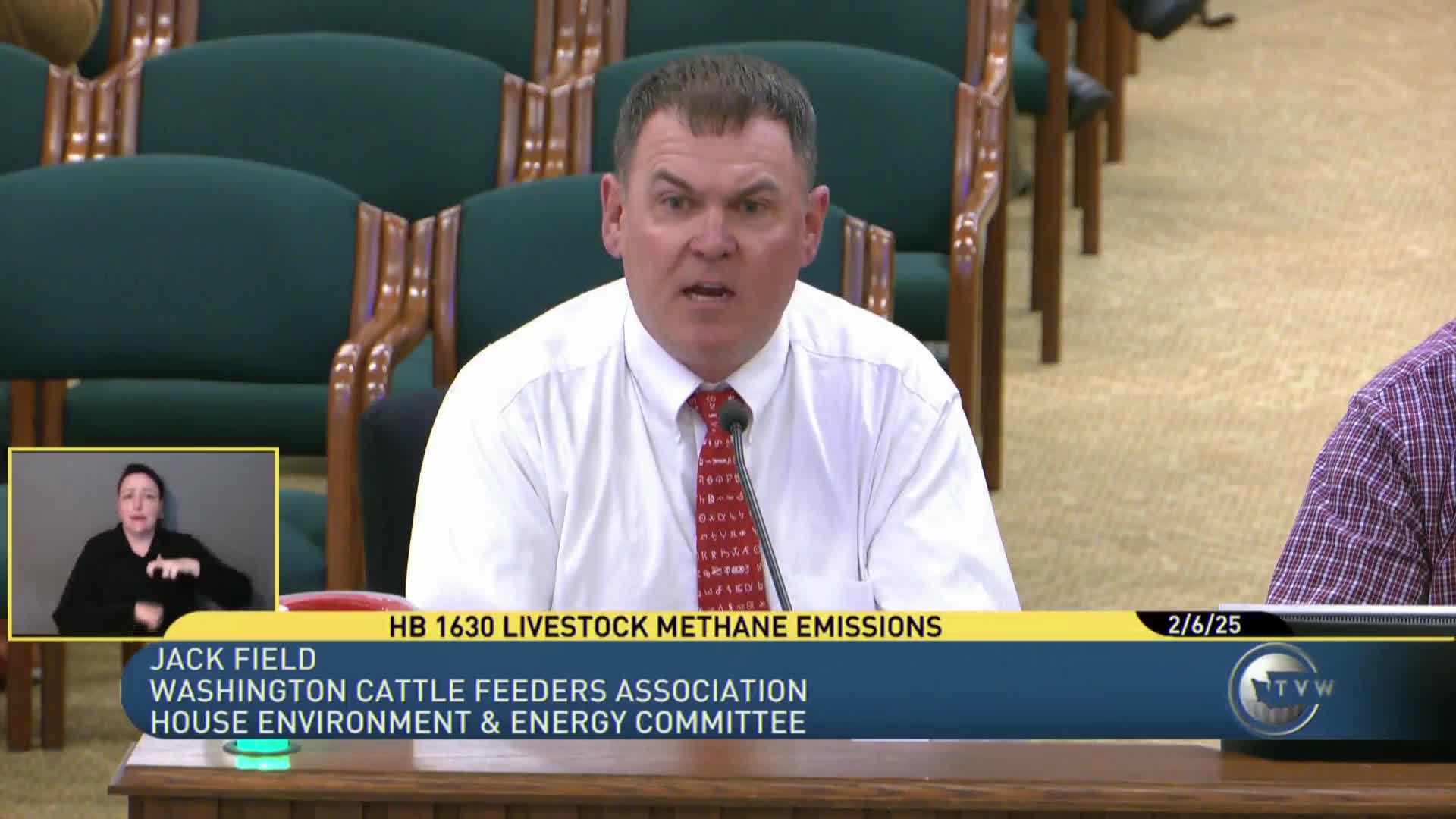Article not found
This article is no longer available. But don't worry—we've gathered other articles that discuss the same topic.

Bill to expand Pacific Northwest biomass RECs draws support from facility operators and opposition from clean-power advocates

Environment & Energy Committee advances several bills; votes, amendments and roll calls recorded

